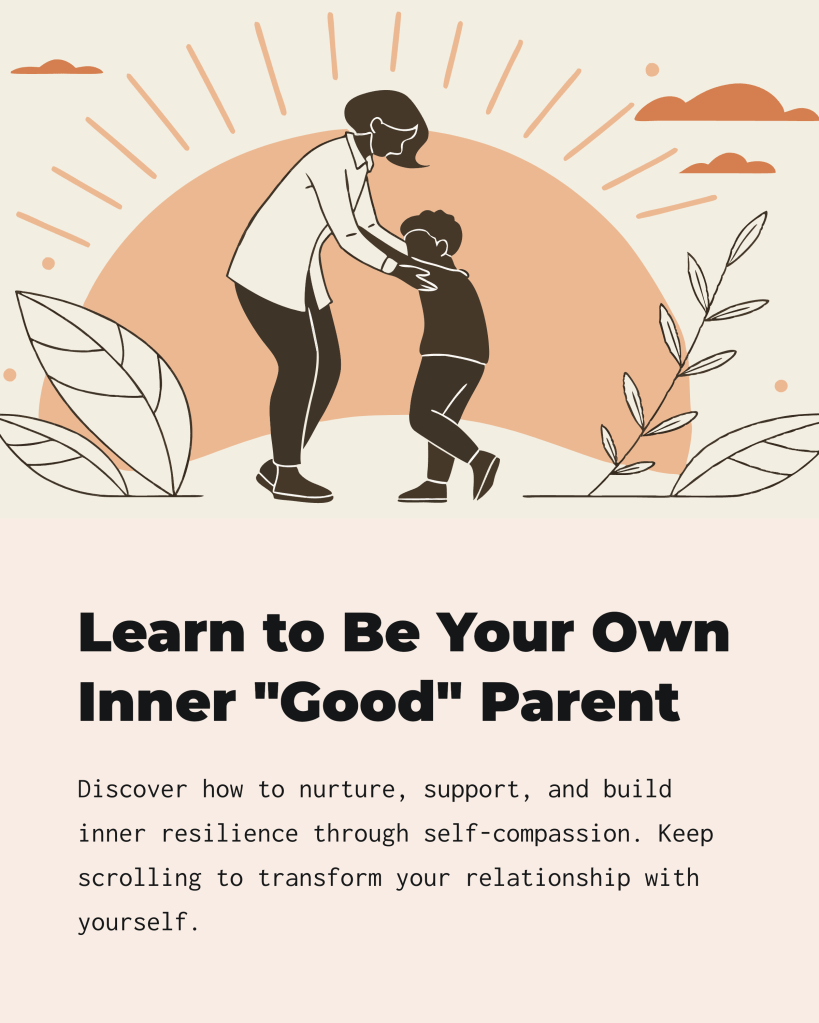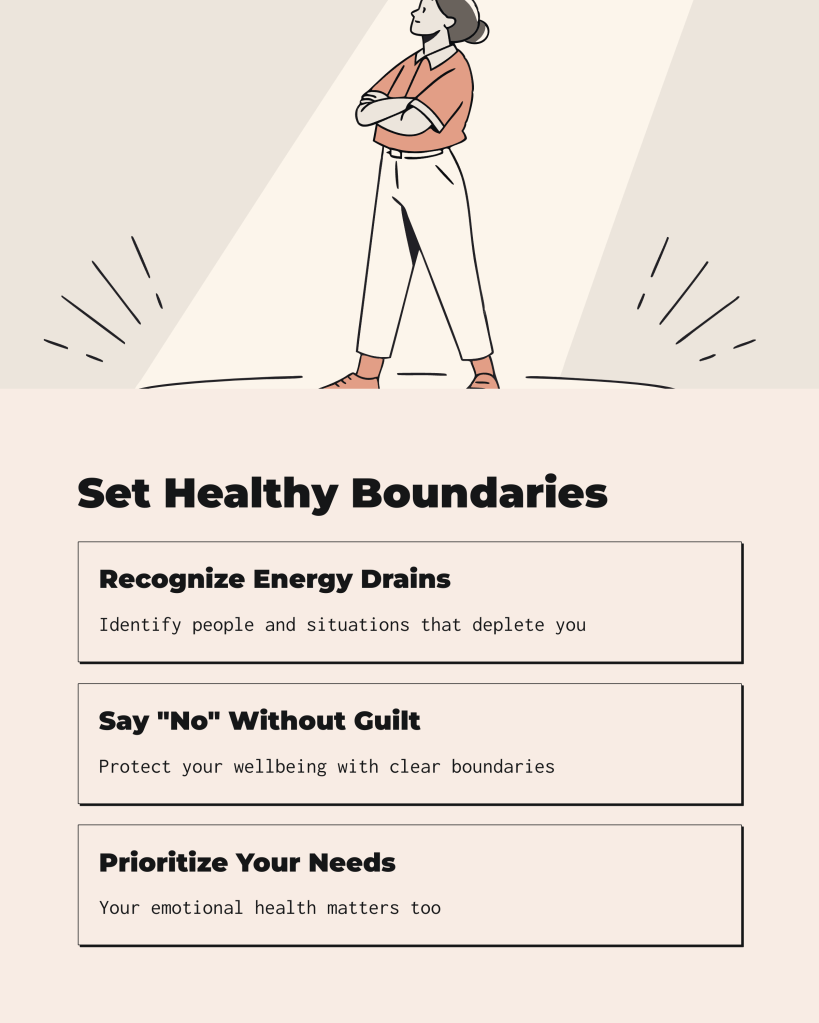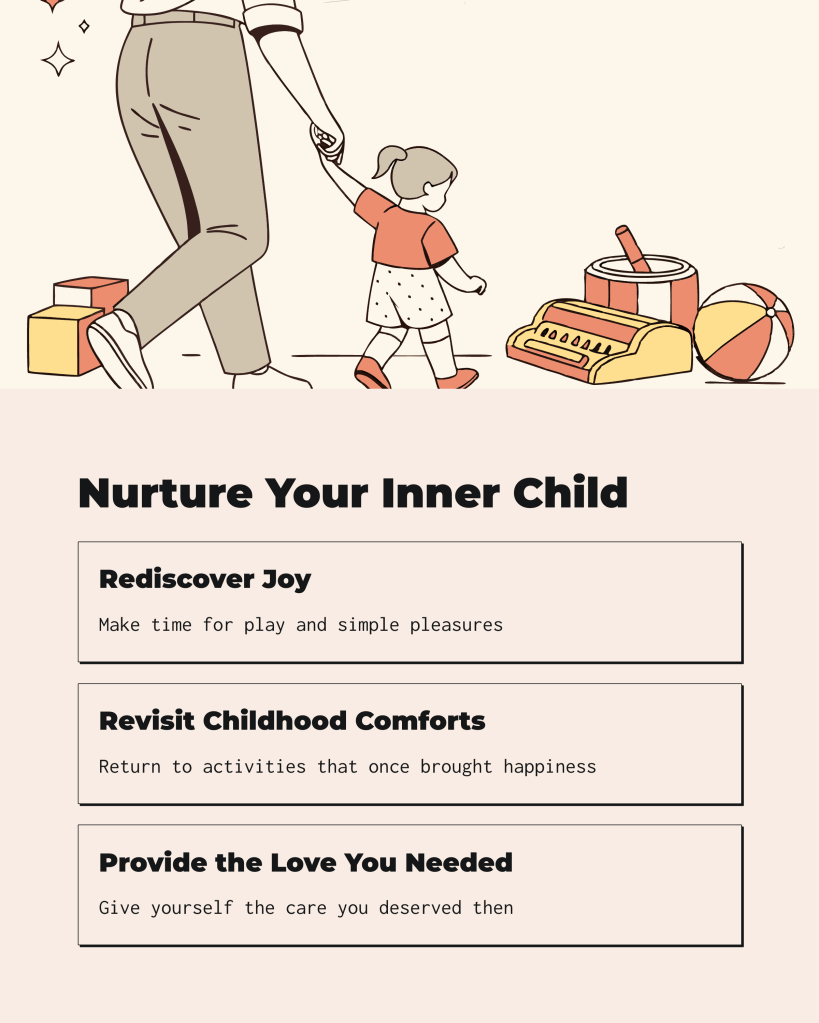Self-reflection is only as powerful as you allow it to be – you can use it to improve yourself and use it for personal growth. But how can you leverage self-reflection to get to that point?
The point is to examine your thoughts and actions, consider your motivations, and self-reflect to gain insights into your life.
It comes down to asking the right questions because, with the right questions, you can unlock that potential and start fulfilling it.
With that in mind, we have five questions you can use for self-reflection and use as guidance on your self-discovery journey.
1. What are my core beliefs and values?
You can only make smart decisions that work for you if you firmly grip your core values and beliefs.
So, reflecting on your principles and understanding what matters to you and what you stand for is a big part of the process. What is it that drives your decisions? Do your choices align with the values you have identified?
2. What are my weaknesses and strengths?
One of the core components of personal growth is self-awareness, so you need to do the work to understand yourself better. Understanding your weaknesses and strengths is a big part of that.
So, consider your areas for improvement and where you could improve. What special skills or qualities do you possess, and what are you exceptionally good at?
To leverage your strengths for success, you need to understand what they are. Uncovering your weaknesses is also a helpful step because you can improve on them where necessary, and you can accept help from others for those points.
3. What are my aspirations and goals?
If you want to assess your aspirations and goals, you need self-reflection. What are your short-term plans? What about your long-term ideas? Are you moving in the right direction? Have you drifted off the course you set? Do your commitments and activities align with your short and long-term goals?
Clarifying your aspirations and goals will help you set a clear direction. It empowers you to prioritize your actions and focus your energy on making your desired outcomes come true.
You can regularly revisit your goals as a part of a self-reflection period because everyone changes over time, and sometimes your values change. Sometimes, your priorities change, but you need to know if you want it all to work together.
4. What have I learned from my failures and my mistakes?
A lot of people make a mistake and think they’ve failed. Or they experience failure and think it’s the end of the world. Neither of those things is true – it’s just a temporary setback.
You can convince yourself of that by answering how much and what you learned from those failures and mistakes in your past. Those mistakes and failures can shape your decisions and build your character.
Learning to embrace your failure and learn lessons is crucial to personal growth.
5. Am I fulfilling my purpose and living authentically?
Living authentically is essential, but are you? Are you doing what it takes to fulfill your purpose? Use self-reflection to see whether your life aligns with your goal.
Are you living based on the path you have been crafting or according to external pressure or societal expectations?
Purpose and authenticity can drive your fulfillment and success, but you must tap into that motivation and passion.
Final Thoughts
Use these self-reflection questions as part of a regular reflection routine to motivate yourself to succeed and foster personal growth. Self-reflection isn’t a one-time task; you will need to rely on it frequently. It’s all part of the self-discovery journey.

















